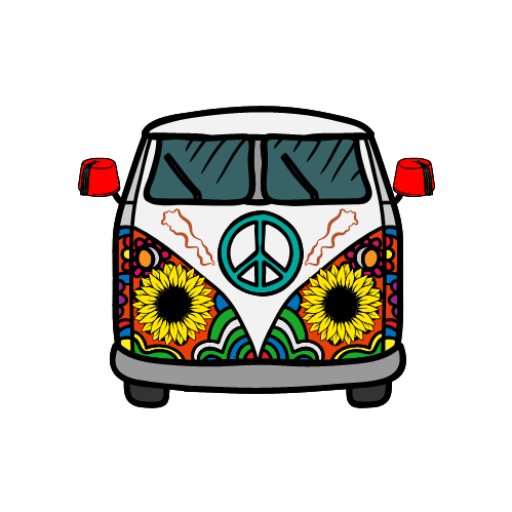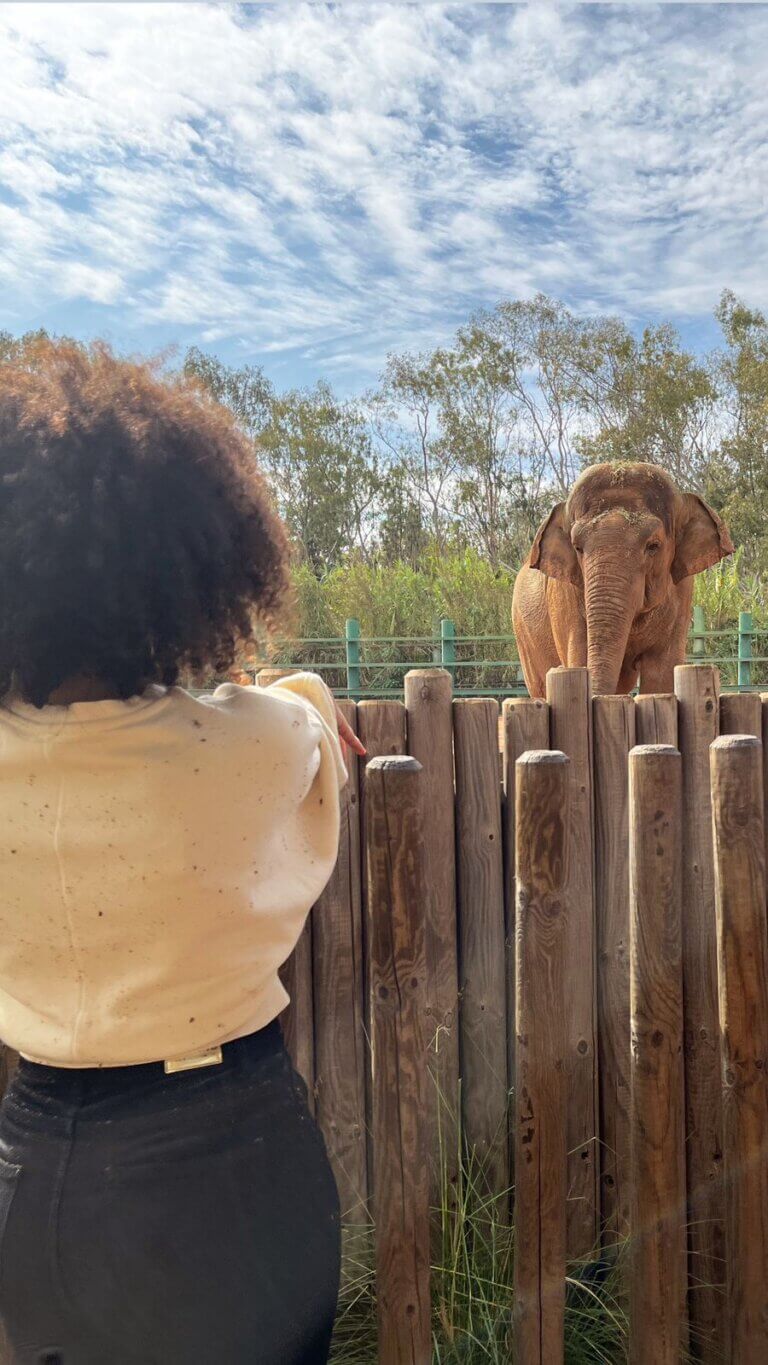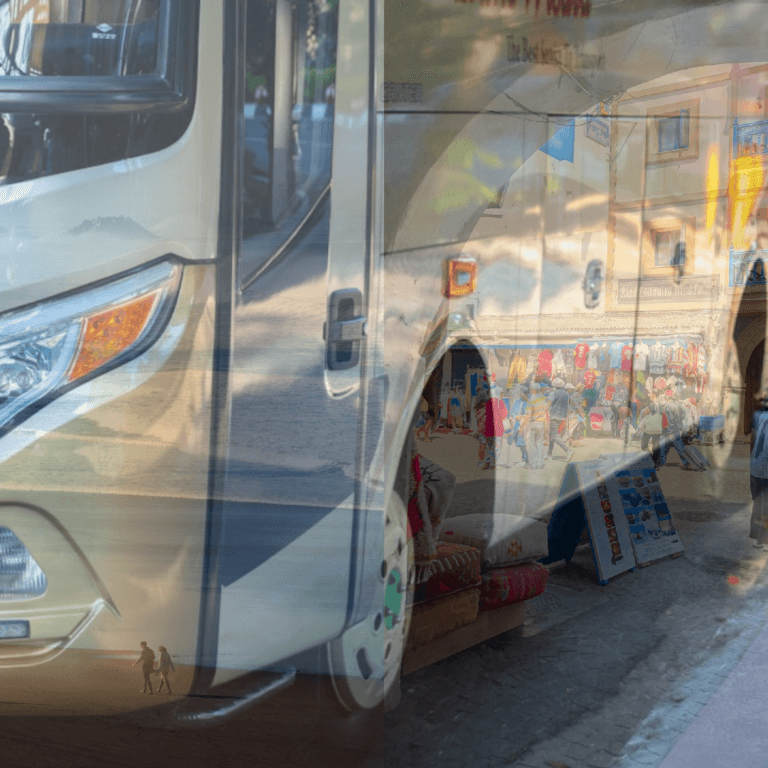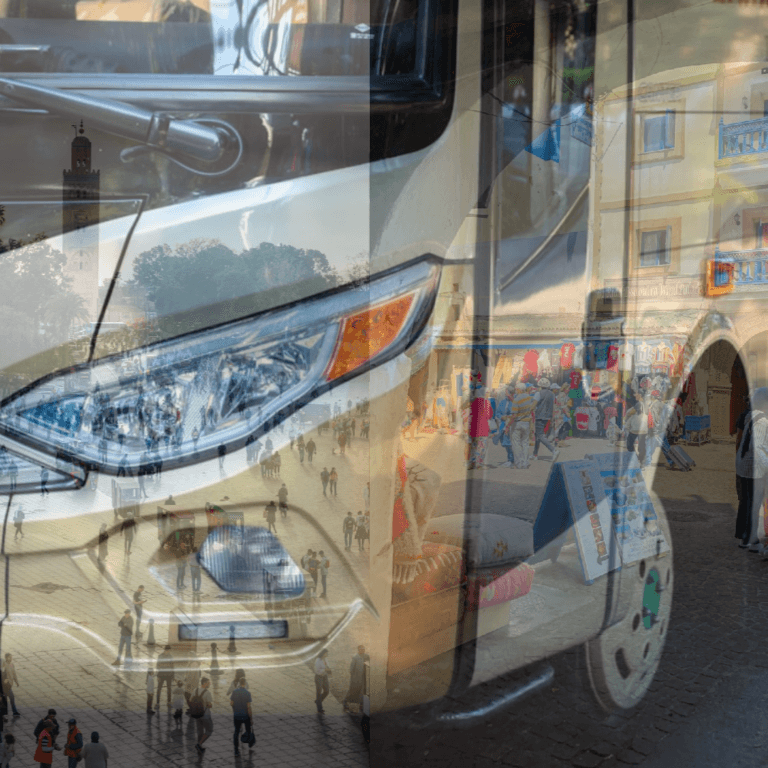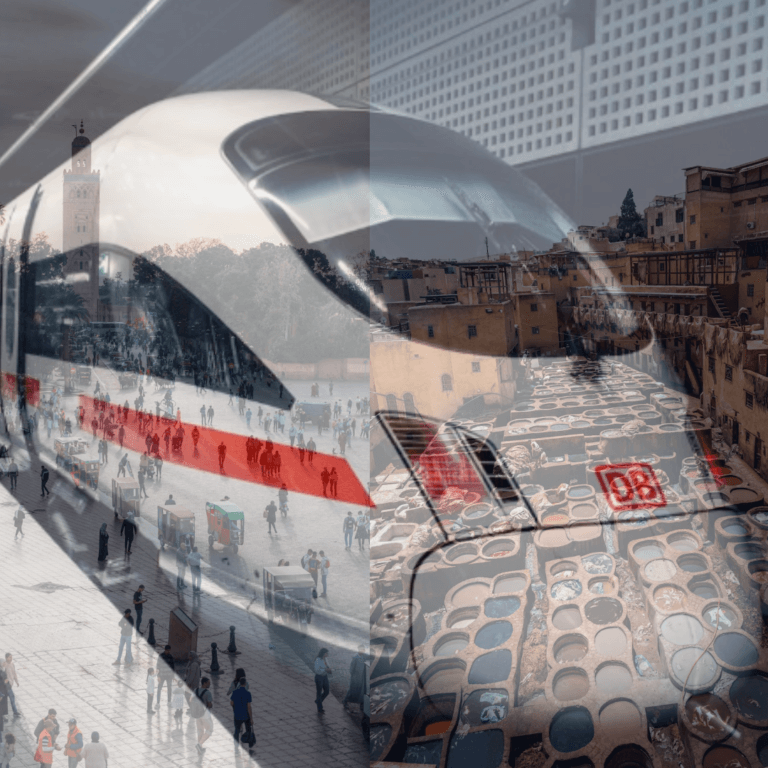How to travel across Morocco? This guide provides all the necessary information to ensure a smooth and enjoyable journey through Morocco. From transportation options to must-visit destinations, we cover everything you need to know.
Best Time to Visit Morocco
The best time to visit Morocco is during the spring (March to May) and fall (September to November) when the weather is pleasant and the crowds are manageable. Summers can be scorching, especially in inland areas, while winters are mild but can be chilly in the mountains and deserts.
Getting Around Morocco
By Plane
For long distances, flying is the quickest option. Royal Air Maroc is the national carrier, with regular flights between major cities like Casablanca, Marrakech, Fes, and Tangier.
By Train
Morocco boasts an efficient rail network operated by ONCF. The trains are comfortable, reliable, and connect major cities. The high-speed train, Al Boraq, links Tangier and Casablanca in just over two hours.
By Bus
Buses are a popular and economical way to travel across Morocco. Companies like CTM and Supratours offer extensive routes. They are affordable and usually have air conditioning.
By Car
Renting a car provides the most flexibility. Major rental companies operate in cities and airports. Driving gives you the freedom to explore off-the-beaten-path locations, but be prepared for varying road conditions and driving styles.
By Taxi
Grand taxis (shared taxis) are a common way to travel between cities. They can be cramped but are a budget-friendly option. Petit taxis are used for short trips within cities.
Top Cities and Destinations
Marrakech
Marrakech is a vibrant city known for its bustling souks, historic palaces, and the iconic Jemaa el-Fnaa square. Visit the Bahia Palace, Koutoubia Mosque, and the Majorelle Garden for a blend of history and beauty.
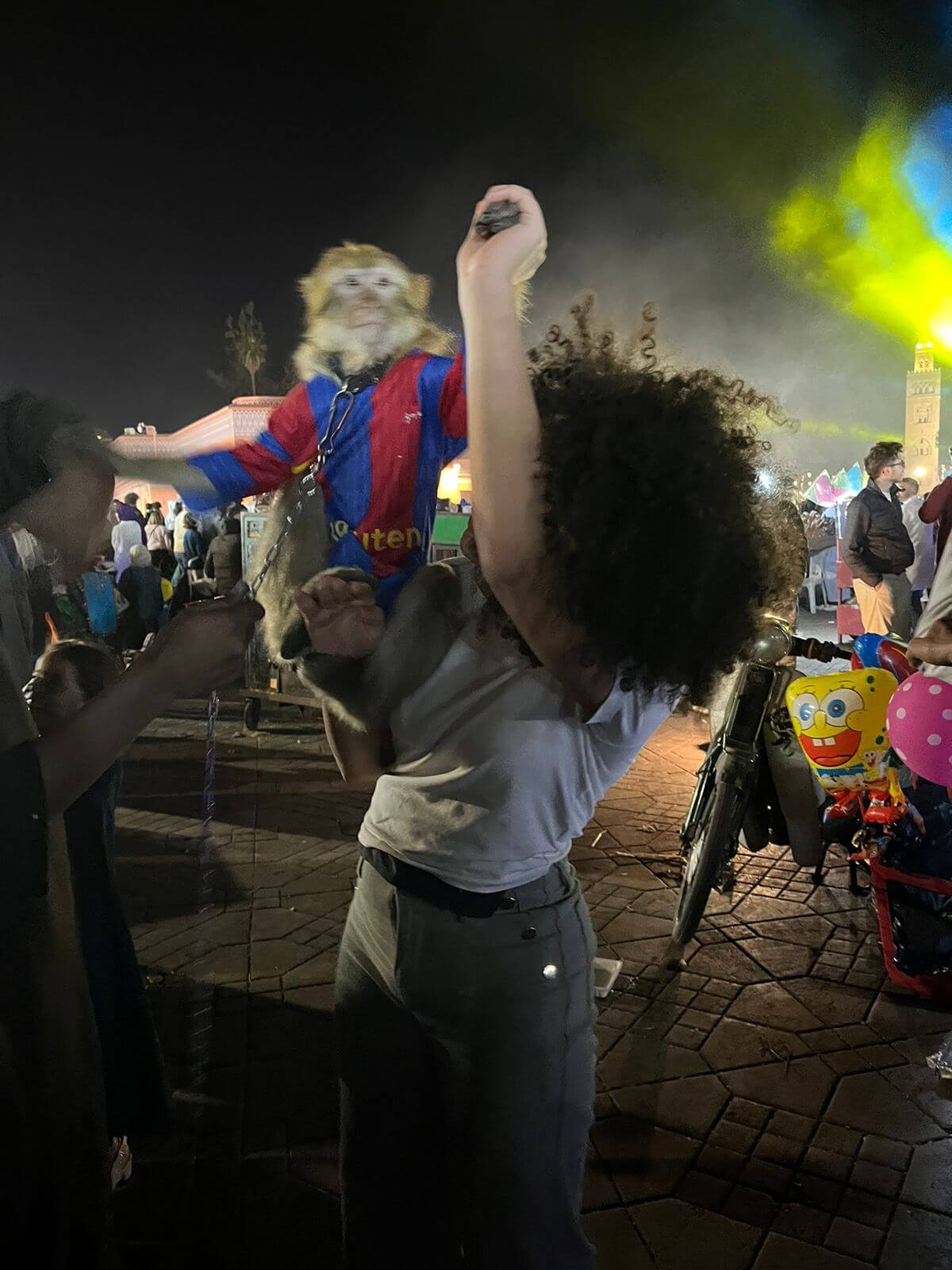
Fes
Fes is the cultural and spiritual heart of Morocco. Its medina is a UNESCO World Heritage site, offering a maze of narrow streets, historical sites like Al Quaraouiyine University, and traditional tanneries.

Casablanca
Casablanca is Morocco’s largest city and economic hub. The Hassan II Mosque, with its towering minaret, is a must-see. The city also offers a mix of modern architecture and historic sites.
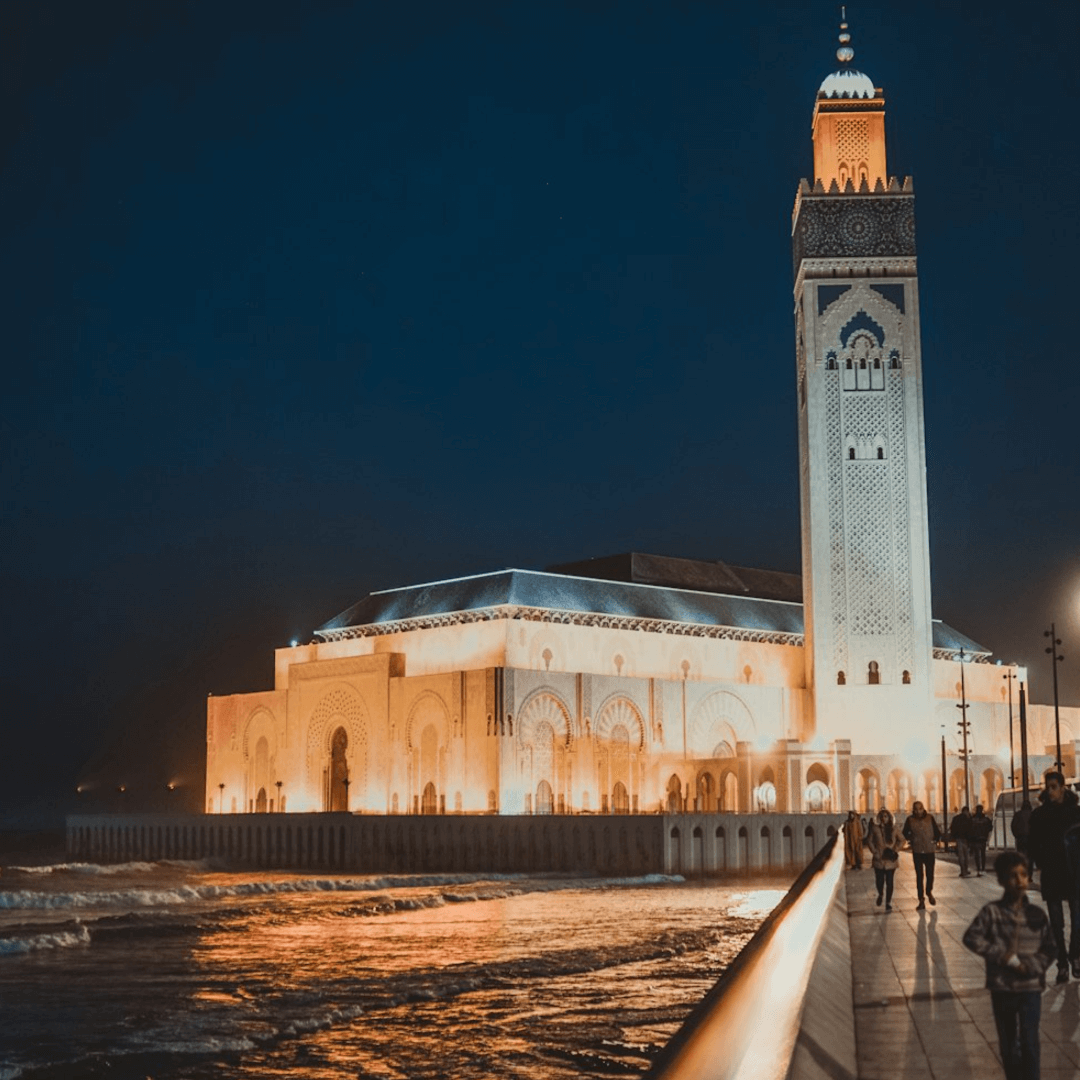
Chefchaouen
Known as the Blue City, Chefchaouen is famous for its blue-washed buildings and laid-back atmosphere. It’s a great place to relax, wander through picturesque streets, and enjoy the stunning mountain scenery.
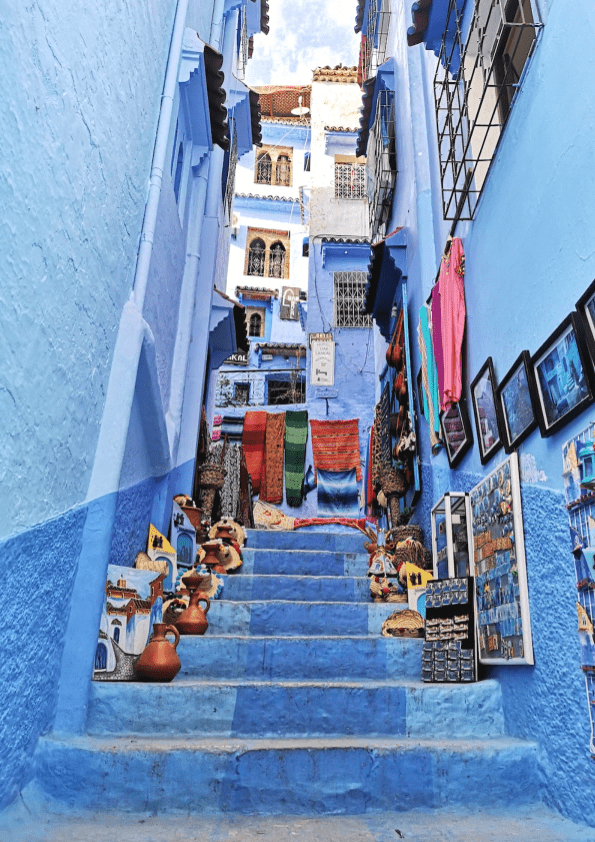
Sahara Desert
A trip to Morocco isn’t complete without experiencing the Sahara Desert. Merzouga and Zagora are popular gateways. Camel treks, dune surfing, and overnight stays in desert camps under the stars are unforgettable experiences.
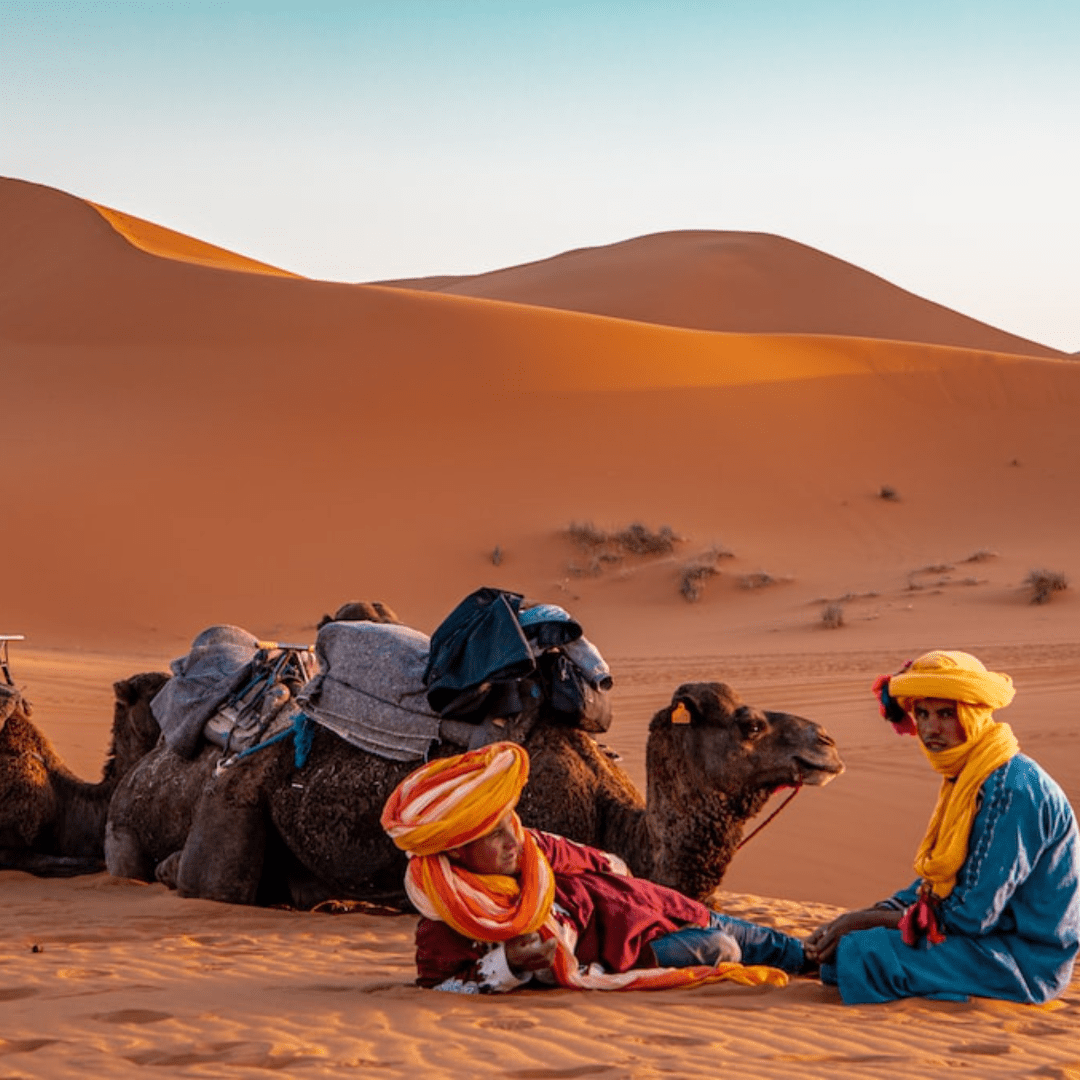
Cultural Tips
- Respect Local Customs: Dress modestly, especially in rural areas. Cover shoulders and knees.
- Learn Basic Arabic or French: Knowing a few phrases can go a long way in communicating with locals.
- Haggling is Common: Bargaining is expected in markets, but always be polite.
- Friday is Holy Day: Many businesses close for prayer, so plan accordingly.
Frequently Asked Questions
Is Morocco safe for tourists?
Yes, Morocco is generally safe for tourists. However, it’s advisable to stay vigilant in crowded places and avoid walking alone at night in unfamiliar areas.
What currency is used in Morocco?
The Moroccan Dirham (MAD) is the official currency. Credit cards are widely accepted in cities, but it’s good to have cash for smaller towns and markets.
Do I need a visa to visit Morocco?
Visitors from many countries, including the USA, Canada, the EU, and Australia, do not need a visa for stays up to 90 days. Check specific requirements based on your nationality before traveling.
What languages are spoken in Morocco?
Arabic and Berber are the official languages. French is widely spoken, especially in business and tourism. English is increasingly common in tourist areas.
What should I pack for my trip to Morocco?
Pack lightweight clothing for warm weather, a hat and sunscreen, comfortable walking shoes, and layers for cooler evenings. Don’t forget a reusable water bottle and travel adapter.
Conclusion
Traveling across Morocco is a journey filled with adventure, history, and culture. By choosing the right time to visit, understanding your transportation options, and knowing what to expect in terms of cultural norms, you’ll be well-prepared for an unforgettable experience. Whether you’re exploring the bustling streets of Marrakech, relaxing in Chefchaouen, or adventuring in the Sahara Desert, Morocco offers something for every traveler.
